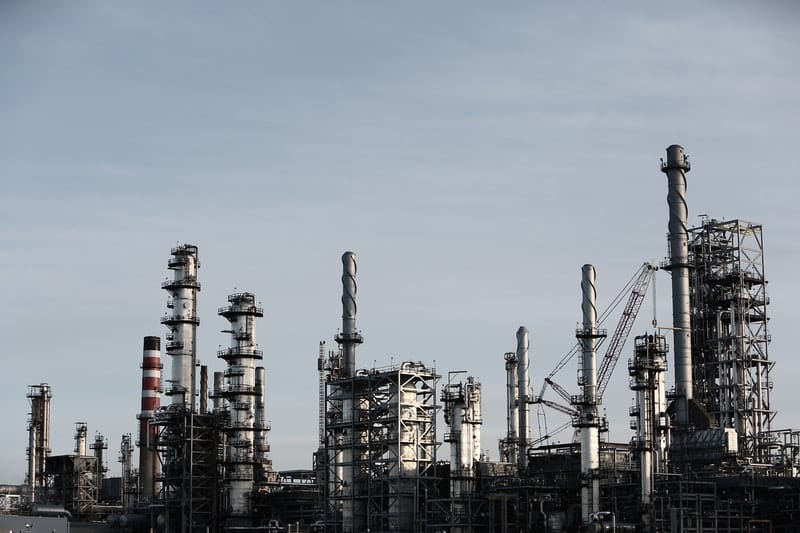When oil and gas facility fire suppression systems fail, the results can be catastrophic. Deer Park and the Houston Petrochemical fire are examples of the worst possible outcomes for oil and gas facilities. Avoid situations like these with regular inspections and updates to your fire suppression system.
NFPA Recommendations for Oil and Gas Fire Suppression System Inspections
According to the National Fire Protection Association (NFPA), commercial fire suppression systems should be inspected and tested quarterly (4 times per year). This is per NFPA standard NFPA 25. NFPA 25 is not a legal requirement; however, depending on your industry, state, and governing body, adherence to NFPA 25 may be required.
Fire detection, fire alarm, and gas detection systems should be inspected even more regularly. According to NFPA 72 guidelines, these detection and alarm systems should be inspected monthly.
Aside from possible legal requirements, another reason to test regularly per NFPA 25 and NFPA 72 is for insurance benefits. Particularly in the oil and gas industry, which is high-risk due to the volatile and flammable nature of the primary products, insurance costs can be astronomical.
Regular inspections of fire suppression systems can help lower that cost by lowering your risk of fire and the consequences of fire. Some insurance providers may even require regular inspections and tests of your fire suppression system as a condition of your insurance.
Why Partnering with an Oil and Gas Fire Suppression Expert Is The More Practical Option
NFPA recommendations are useful and do work to provide a safety benchmark for oil and gas facilities, but they’re not always practical. Completing four comprehensive inspections on your fire suppression system a year comes with a hefty price tag, and it’s not always necessary to test every aspect of your fire suppression system each time you have an inspection.
Keeping your facility safe is what’s important, and if the cost and time investment are so prohibitive that your facility is just skipping safety inspections altogether, something isn’t working.
A better, more practical option is to work with an industrial fire protection expert who specializes in working with oil and gas facilities like yours. A company like this can help identify just the critical components of your fire suppression system that could cause a failure. Then, you can inspect and test just those key areas to ensure your facility is safe, without breaking the bank.
How The Vanguard Industrial Fire Protection Team Can Help
If it’s been some time since your oil and gas facility’s last fire suppression system inspection, consider talking to the Vanguard Industrial Fire Protection Team today. Keeping up on fire protection is paramount in the oil and gas industry, but it doesn’t have to be as daunting as it seems. The Vanguard team is happy to work with you to schedule an inspection that works for your facility, your schedule, and your budget.
Our top priority is keeping your facility, and your people safe. That’s why our inspections are always tailored to your needs and include BuildingReports®, the most robust reporting and technology solution in the industry. This system tracks deficiency citations, inspection reports, and upcoming service needs, and is available 24/7, ensuring that your facility and fire suppression system are in a constant state of readiness, should an emergency occur.
If you’re interested to see what the Vanguard Industrial Fire Protection Team, has to offer, get in touch with us to ask a few questions or schedule an inspection that keeps your facility safe online today.


